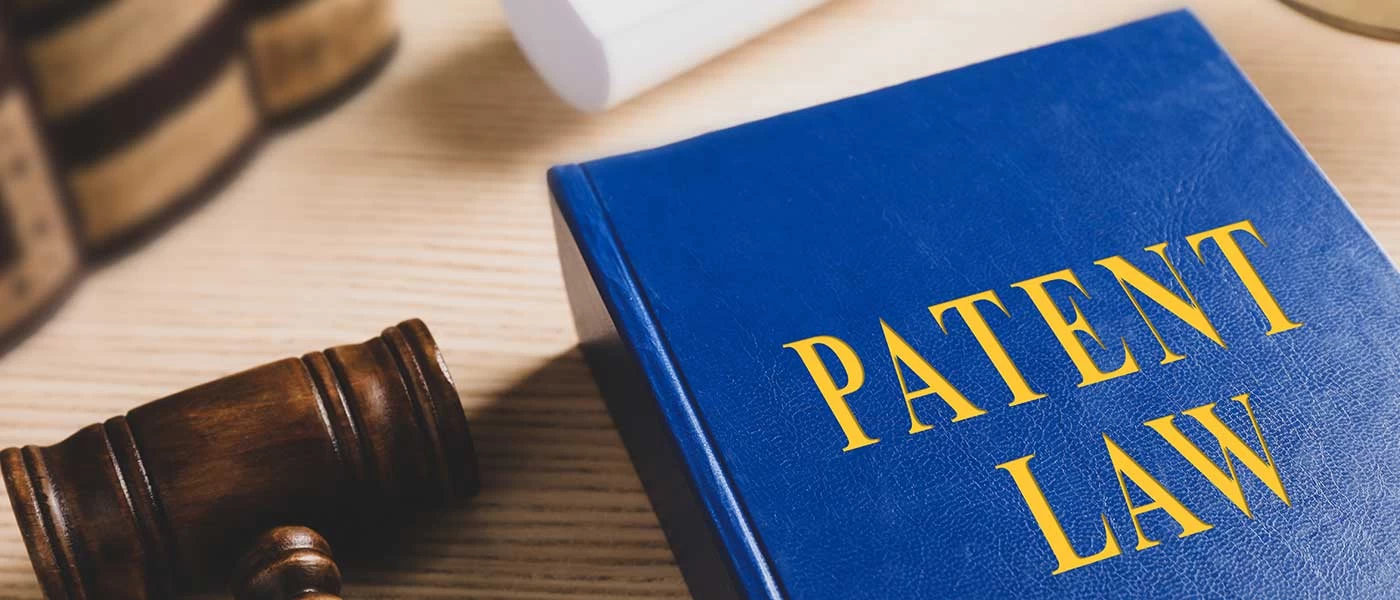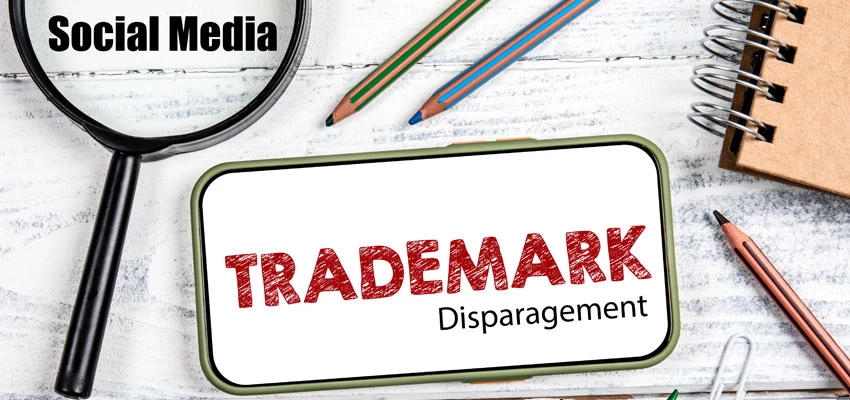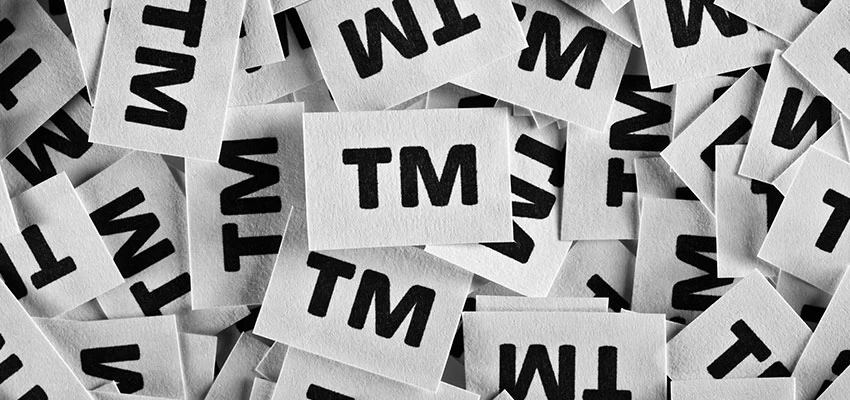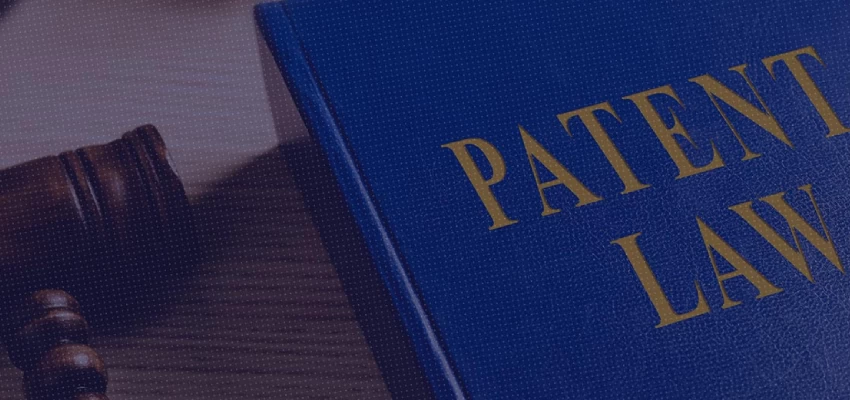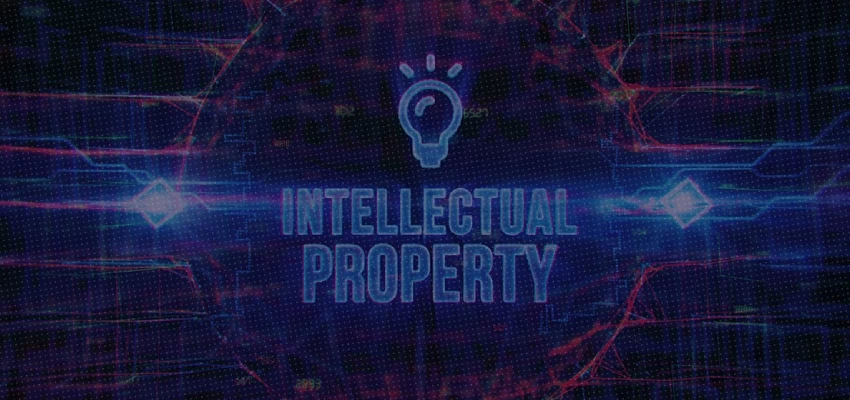As is known, a patent accords a reward of exclusivity to the patent holder. Considering that a patent is only valid for a period of 20 years, receiving an early grant in a jurisdiction is crucial to patent applicants. It not only allows for a longer period of patent enforcement and potential revenue generation, but also provides an opportunity to accelerate the examination of corresponding applications in other jurisdictions.
Despite the advantages bestowed by early patent grants, it is notably true that a single common program to expedite prosecution in all the jurisdictions is not available to applicants while strategizing on expediting examination in multiple jurisdictions. Instead, applicants have to expedite examination individually in every jurisdiction or, at best, opt for the bilateral patent prosecution highway programs between patent offices to accelerate the patent process.
Bearing in mind the existing provisions for expedited examinations, this article focuses on key routes available at the Indian Patent Office (‘IPO’) compared with the European Patent Office (‘EPO’) and the United States Patent and Trademark Office (‘USPTO’).
Advancing examination of Indian patent applications at IPO:
Under Section 11B and Rule 24B of the Patents Act, 1970 (‘Act’) and the Patents (Amendment) Rules 2024 (‘Rules’), the time period for requesting examination of a complete application using Form-18 is within 31 months from its date of filing or date of priority, for patent applications made on or after the commencement of the Rules, i.e., 15 March 2024. For the patent Applications that were filed before 15 March 2024, the timeline for filing a request for Examination is 48 months from the date of filing or date of priority.
Early queuing of the patent application:
One possible route for early examination is simply to file the examination request close to the filing or priority date. This allows the application an early entry into the queue for examination as compared to the applications filed thereafter, as stated in Rule 24B 2(i) of the Rules.
Express examination:
An express request for examination under Rule 20(4)(ii) of the Rules is available, solely, to national phase application entering via the PCT route in India, by submitting at the IPO, a Form-18 along with the prescribed fee. This request initiates processing of the national phase application by the patent office before the expiry of the 31-month time limit from the date of priority of the PCT Application.
Expedited examination:
An expedited examination route is available in India under Rule 24C of the Rules introduced by the Patents (Amendment) Rules of 2017 and 2019. A request for expedited examination can be made using Form 18A only by electronic transmission, which places the patent application in a separate expedited examination queue in order of requests filed. The examination report is then prepared and issued in a period of around three months from the date on which said request is referred to the examiner, based on the provisions of sub-rule (6), (7) and (8) of Rule 24C of the Rules.
Considering that the IPO only takes cognizance of examination requests of published applications, as per Rule 24B (2)(i) of the Rules, requesting early publication becomes necessary if expedited examination is opted. Ordinarily, the publication of a patent application is made after 18 months from its filing or priority date. Therefore, if an applicant intends to expedite the examination procedure, the applicant would also be required to file a request for an early publication under Section 11A(2) of the Act and Rule 24A of the Rules using Form-9, allowing publication within 18 months. As stated in the proviso of Rule 24 of the Rules, the early publication will be made one month from the date of said request.
It is generally advisable to request early publication along with examination or expedited examination request, to ensure that the Controller refers the application to the examiner sooner.
A normal request for examination can be converted to an expedited request or the expedited request can be directly filed directly, if the applicant satisfies the provisions of Rule 24C of the Rules, based on the following grounds:

It can be noted that unlike US and EP, the expedited request at the IPO is not revoked under any specific circumstance, however in order for the request to be fruitful, the Applicants are advised to submit their response to the examination report(s) and/or hearing notice in an expeditious manner.
Patent Prosecution Highway (PPH) under Rule 24C:
Currently, provision under Rule 24C(1)(j) of the Rules is unavailable as IPO has no bilateral PPH agreement with any foreign Patent Office. The IPO-JPO (Japan Patent Office) PPH pilot program concluded on 20 November 2022[1].
Examination fees:
Considering the above listed routes for advancing the examination as made available by the IPO, the respective fee applicable (INR) is as follows:
| Expedited routes |
Acts and Rules |
Form |
e-filing |
Physical filing |
| Natural person/ Startup/ Small entity/ Educational Institution |
Large entity |
Natural person/ Startup/ Small entity/ Educational Institution |
Large entity |
| Early publication |
Section 11(A)2, Rule 24A |
9 |
2500 |
12500 |
2750 |
13750 |
| Normal Examination |
Section 11B,Rule 24B |
18 |
4000 |
20000 |
4400 |
22000 |
| Expedited Examination |
Rule 24C(1) |
18A |
8000 |
60000 |
Not allowed |
Not allowed |
| Converting normal to expedited examination |
Rule 24C(2) |
18A |
4000 |
40000 |
Not allowed |
Not allowed |
| Express Examination |
Rule 20(4)(ii) |
18 |
5600 |
28000 |
6150 |
30800 |
Advancing examination of applications at the EPO:
A single patent application before the EPO implies that any grant obtained on the patent application has the opportunity to be registered in 39 member States, 1 extension State and 5 validation states of the European Patent Organisation. Thus, the grant of an EP patent holds a crucial value to the applicant.
For a patent application filed before the EPO, Article 94 of the European Patent Convention (‘EPC’) requires an applicant to request examination, failing which the application would be deemed withdrawn. Such examination request under Rule 70(1) EPC can be made any time before the expiry of six months from the mention of publication of European Search Report by the European Patent Bulletin.
Applicants are usually advised to file the request for examination along with the filing of patent application. In this case, the applicant is then invited by the EPO under Rule 70(2) EPC in response to the European Search Report to confirm if he desires to proceed with the application.
Express request into national phase prosecution:
EPO provides the applicant of a PCT application an opportunity to file express request for early processing of the corresponding national phase application. This request can be made by ticking the checkbox in Section 12.1 of EPO Form 1200 along with requirements for national phase entry under Rule 159 EPC, at any time within the 31-month period. Hence, the applicant can leap months, a year or even longer to have his application processed by the EPO as a designated state. Caution in making this request is that any changes recorded at the international phase post the EPO entry, would not be applicable to the national phase EP application.
Once the application enters EPO under express request, it is then processed as a ‘regular’ EP national phase application. The Applicant can make the request for examination and payment of examination fees along with the express request.
Waivers before the examination stage:
Waiving Rule 161/162 communication – Rule 161/162 EPC communication invites the Applicant to make a response within six months from its issuance, with respect to (a) corrections or comments on the EP application in view of the objections raised in any of International Search Report (ISR), Supplementary ISR, or International Preliminary Report on Patentability (IPRP) established by the EPO as ISA or IPEA in the PCT Application; and/or (b) payment of excess claim fee over 15 claims or amending the claims to reduce the number of claims to 15 or less.
To waive the right to this communication, the applicant is required to submit a response under (a) and/or (b) as mentioned above, upon entry before the EPO as direct application or national phase application, using Form 1200 (Section 12.2). This will cause non-issuance of Rule 161/162 EPC communication by the EPO, allowing the applicant to skip-forward to the next stage by six months.
In the case, where the waiver was not made along with the EP application, or it was found to be insufficient, the EPO will issue the communication under Rule 161/162 EPC. However, all is not lost, and the applicant can swiftly file the mandatory response to the communication with a request for waiver for the remaining time period.
Waiver by virtue of selecting EPO as ISA – A second waiver is solely available for EP national phase application, where in the PCT stage the EPO is selected as an ISA to render the ISR and written opinion. The ISR issued by the EPO at the international phase replaces the European search report of EP national phase, and as such, the EPO forgoes the entire search stage spanning twelve months.
Waiver of Rule 70(2) Communication – For EP application that are not by the PCT route, the Applicant may along with the application, examination request and associated fees, file Form 1001 to waive right under Rule 70(2) EPC. The waiver indicates that the applicant accepts the outcome of the European Search Report and would like to proceed directly to the examination stage, fast forwarding six months. The search report is then issued alongside the examination report under Article 94(3) EPC.
Programme for accelerated prosecution of EP patent application (PACE):
Additionally, the applicant may also request online using Form 1005, for accelerating search and/or examination under the program known as PACE. For applicability of PACE on the processing of a patent application, it should be duly noted by Applicants (i) to not withdraw the PACE request, (ii) to not request for any extension of time limit during the prosecution of the application, (iii) to not let the application be withdrawn or deemed to be withdrawn, (iv) to not have the application refused, and (v) to ensure payment of the renewal fees within stipulated time. This is because any action contrary to the above, if occurred, does not reinstate the patent application under PACE, even when followed by the applicant’s remedial action available under the EPC.
PACE request for an EP patent application can only be filed once for each stage of the prosecution, i.e., once for search and once for examination. The PACE programme is free of any official cost, requires no specific grounds or documentations for making the request. The request when made is accepted by the EPO, subject to the workload of divisions handling the search and examination. In such a case, the EPO requires Applicants with PACE for all or most of their patent applications, to limit their requests.
Once the patent application is under the consideration of the examination division, Applicants can file a PACE request at the EPO. Upon receiving said request, the EPO issues the next communication of examination result within three months. Subsequent communications are also issued within three months from the Applicant’s response.
Patent Prosecution Highway (PPH):
Alternatively, a request made under Form 1009 at the EPO before the beginning of substantive examination of the EP patent application, allows the examination to be accelerated under PPH program, provided that a corresponding application is considered allowable by the following foreign Patent Offices: Australia, Brazil, Canada, China, Colombia, Israel, Japan, South Korea, Malaysia, Mexico, Peru, the Philippines, Saudi Arabia, Singapore, and the United States[2].
The requirements for making said request involve submitting at the EPO: (a) communication indicating allowance or grant received from any of the above listed Patent Offices; (b) voluntarily amended EP claims in line with the granted or allowed claims of that corresponding application; and (c) if required, translation of said documents.
The PPH request at the EPO is not accompanied with payment of any official fees. However, it should be noted that when compared to the PACE programme, PPH has the same accelerating effect. Opting for the PPH route, however, requires preparation and filing of documents which may incur added costs. It is also a common understanding that the above listed Patent Offices have their individual provisions of patentability, to which the Examiner at the EPO may not align his opinion while rendering decision on patentability in the EP patent application.
Therefore, it is usually preferable for Applicants to opt for PACE over PPH.
Advancing examination at USPTO:
USPTO accords multiple expedited examination programs which enables the Applicant to benefit therefrom an expedited grant of a patent application. The plausible ways to expedite examination, and consequently grant of a patent Application at the USPTO involves the following:
Filing US application for the first time?[3]
For a micro-entity applicant and the inventor(s) filing their first US application for patent, a pilot program of ‘First-Time Filer’ was introduced in March 2023, which has been extended till March 11, 2025, or grant of 1000 petitions by the USPTO since the launch of this program, whichever occurs earlier. A petition under this program can be filed at any time before the issuance of first Office Action. Once the application under this program gets docketed for examination, an office action will be issued within 28 days[4].
To avail this opportunity, Applicants must electronically file a petition to make a special request under this program using Form PTO/SB/464 once the patent application is in complete form under 37 Code of Federal Regulations (hereinafter referred as “CFR”) 1.51(b) before the USPTO. The Applicant must indicate in the petition: his certification of micro-entity status using Form SB/15A, the first filing status of the inventor(s), and the trained status of the inventor(s) on the basis of USPTO’s patent application requirements. The request for this petition does not require payment of any official fee.
The program has its own limitations due its unavailability to inventor(s) with patent applications of the type: design, plant, child applications (continuation, continuation-in-part, divisional, and bypass), Convention application, and PCT national phase US application.
Accelerated examination program:
USPTO offers the option of a petition under paragraph (c) of 37 CFR 1.102 to the applicant for a patent application to be considered for an accelerated examination program[5].
An Applicant can “request a petition to make special” under 37 CFR 1.102(c), using Form PTO/SB/28 and without incurrence of any official fees, along with the evidence for the following grounds:
(1) If the Applicant’s age is 65 or more, or the Applicant’s health is subject to conditions that would make him unavailable for the duration of normal prosecution; or
(2) The invention of the patent application will materially:
- Contribute to improving the quality of the environment in terms of the restoration or maintenance of the basic life-sustaining natural elements, such as air, water, and soil;
- Contribute towards the development or conservation of energy resources by (A) discovering or developing energy resources, or (B) enhancing the efficient utilization and conservation of energy resources; or
- Contribute to the development of technology for countering terrorism.
Prioritized examination:
Track one or prioritized examination program offered by USPTO under paragraph (e) of 37 CFR 1.102, allows the Applicant of a non-provisional utility patent application having four or less independent claims, thirty or less total claims, with no multiple dependent claim, to fast-track examination of its patent Application by filing a request electronically at EFS-Web, Patent Center. However, the bar added here is that USPTO allows 15,000 requests per fiscal year under this route. The information of Track One filing rate can be obtained from https://www.uspto.gov/dashboard/patents/special.html.
This request can be filed along with the application or during filing of Request for Continued Examination (RCE). Track one request must be accompanied by fees associated with prioritized examination (37 CFR 1.17(c)), prioritized examination processing (37 CFR 1.17(i)(1)), and when filed along with the patent application, publication fees under 37 CFR 1.18(d) must be paid. Once the request for Track one is granted by USPTO, a final outcome of the examination is generally made within twelve months.
The Track one route is also available for plant patent applications, by placing a request in paper, or electronically.
It should be noted that the prioritized examination under Track one is not available for PCT-national phase application before USPTO as designated or elected state. However, this should not stop the Applicant from benefiting from the track one route. For a national phase US-application, the applicant can file a bypass-continuation application, wherein said bypass application claims either the benefit or the right of priority of the PCT application.
If the prosecution of the national phase US-application concludes in terms of issuance of Final Office Action, Notice of Allowance or any other action, the applicant can request Track one along with RCE to initiate the expedited continued examination.
Other applications that are not eligible under Track one prioritized examination are those related to design, reissue, provisional, or re-examination proceedings.
Applicants may lose the special status granted under Track one, if any of the following occurs:
- an extension petition is requested for filing a reply;
- claims are amended to include more than four independent claims, more than thirty total claims, or a multiple dependent claim;
- RCE is requested;
- notice of appeal is filed;
- suspension of action is requested;
- issuance of Final Office Action or Notice of Allowance;
- abandonment of the patent application; and
- completion of examination under 37 CFR 41.102.
Patent Prosecution Highway (PPH):
USPTO is also part of Global and IP5 PPH programs as well as bilateral PPH agreements, which allows the examination of the patent application before USPTO to be expedited if a grant or allowance of a corresponding application is received from the following foreign Patent Offices: Austria, Australia, Brazil, Canada, Chile, China, Colombia, Czech, Denmark, Estonia, Europe, Finland, France, Germany, Hungary, Iceland, Israel, Japan, South Korea, New Zealand, Nordic, Norway, Nicaragua, Malaysia, Mexico, Morocco, Peru, Poland, Portugal, Philippines, Romania, Singapore, Spain, Sweden, Saudi Arabia, Taiwan, United Kingdom, and Visegrad[6].
The PPH request at USPTO can be made without incurring any official fee, by filing request Form SB/20GLBL for global PPH and Form SB/20<countrycode> for bilateral PPH as available at USPTO before the beginning of patent examination. Additionally, along with the request, a copy of the allowable work product of corresponding Patent Office, an English translation thereof (if required), and an IDS listing the references cited by said corresponding Patent Office.
One must note that PPH expedited route is not available for US applications filed provisionally, towards reissue, those relating to plant or design, or subject to secrecy order.
Upon comparison with Track one, it should be noted that PPH request need not be made along with the filing of the patent application, and filing extensions in reply to Patent Office communications are allowed without the application losing the expedited status, however, it does not offer a 12-month final disposition of the patent application.
Cancer Moonshot Pilot Program[7]:
Efforts made by Inventor(s) and Applicant(s) towards the reduction in cancer mortality rate are recognized by the USPTO, offering an expedited review of applications for patent that are related to cancer technologies under the Cancer Moonshot Expedited Examination Pilot Program currently available till January 31, 2025, or up to the grant of 1000 petitions under said program, whichever is earlier.
The petition is available for e-filed direct US application and PCT national phase US applications having up to 3 independent claims and 20 total claims[8], and can be made before the issuance of office action under Form PTO/SB/465, free of official charges, and by fulfilling the requirement of eligible subject matter.
This route is unavailable to applicants of the patent application, where any one of the inventor(s) has already been named in nine patent applications made special under this petition.
Conclusion:
It can be said that the Patent Offices including IPO, EPO and USPTO have made considerable efforts over the years in ensuring that the routes of expediting examination are made available to the applicants of varying entity status, thereby enabling them to make effective choices in achieving early grant in a jurisdiction, and utilizing the provisions of PPH in obtaining grants in other jurisdictions. The responsibility now lies on the Applicant to maneuver the routes with careful consideration in order to find the best outcome for its patent application.
[The authors are Associate, Associate Partner and Executive Director, respectively, in IPR practice at Lakshmikumaran & Sridharan Attorneys]
- [1] https://www.jpo.go.jp/e/system/patent/shinsa/soki/pph/japan_india_highway.html
- [2] https://www.epo.org/en/applying/international/patent-prosecution-highway
- [3] https://www.uspto.gov/initiatives/first-time-filer-expedited-examination-program
- [4] https://www.uspto.gov/initiatives/first-time-filer-pilot-program/first-time-filer-expedited-examination-pilot-program#type-browse-faqs_208685
- [5] https://www.uspto.gov/web/offices/pac/mpep/s708.html
- [6] https://www.uspto.gov/patents/basics/international-protection/patent-prosecution-highway-pph-fast-track
- [7] https://www.uspto.gov/patents/initiatives/patent-application-initiatives/cancer-moonshot-expedited-examination
- [8] https://www.federalregister.gov/documents/2022/12/09/2022-26776/cancer-moonshot-expedited-examination-pilot-program







